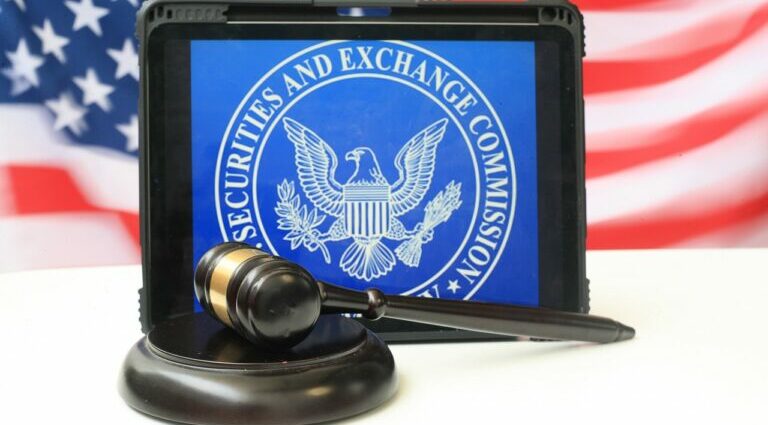The Landmark Ruling on 13 July 2023
On 13 July 2023, a significant ruling was delivered in the ongoing SEC vs Ripple Labs lawsuit. The U.S. Securities and Exchange Commission (SEC) had accused Ripple Labs and its two senior executives, Bradley Garlinghouse and Christian A. Larsen, of unlawfully offering and selling securities. The case was presided over by Hon. Analisa Torres, a district judge at the United States District Court for the Southern District of New York.
The court’s decision was a mixed bag, granting and denying summary judgment motions from both the SEC and Ripple. The SEC’s motion for summary judgment concerning the Institutional Sales was granted, but denied for other matters. Conversely, Ripple’s motion for summary judgment regarding the Programmatic Sales, the Other Distributions, and the sales made by Larsen and Garlinghouse was granted, but denied concerning the Institutional Sales. The SEC’s motion for summary judgment on the aiding and abetting claim against Larsen and Garlinghouse was also denied.
A key takeaway from the ruling was the judge’s statement that XRP, as a digital token, does not in and of itself embody the Howey requirements of an investment contract, suggesting that the court does not view XRP as a security.
The Potential for an Interlocutory Appeal by the SEC
Given the partial nature of the summary judgment, the SEC has the option to file an interlocutory appeal. An interlocutory appeal is an appeal of a ruling made before the trial has concluded. It allows an appellate court to review an aspect of the case before the trial concludes.
The timeline for filing an interlocutory appeal can vary, but generally, a party has a limited amount of time from when the order or judgment is entered to file a notice of appeal, often 30 days. As of 26 July 2023, if the typical 30-day rule applies, the SEC would still have time to file an interlocutory appeal given that Judge Torres made her ruling on 13 July 2023.
However, interlocutory appeals are not automatically accepted by appellate courts. They are generally only granted under certain circumstances, such as when the issue at hand significantly affects the outcome of the case, or when it presents a significant question of law that could impact other cases.
John Deaton’s Latest Thoughts on a Potential Appeal by the SEC
According to an article by The Crypto Basic published earlier today, during a CryptoLaw broadcast yesterday, American lawyer John Deaton, the owner of the Deaton Law Firm (which is based in East Providence, Rhode Island), shared his perspective on whether the SEC will file an appeal in the Ripple case. Deaton expressed uncertainty about the SEC’s next move, acknowledging that it’s possible for the regulatory agency to appeal the ruling, but he’s not entirely convinced that they will.
Deaton revealed that there’s a heated debate among senior SEC officials about whether to appeal the ruling. Some officials may suggest not appealing the decision and instead focusing on other tokens, arguing that XRP is a unique case. Other officials might advise the SEC to appeal due to the potential impact of Judge Torres’ ruling on the SEC’s lawsuit against Coinbase, which is also in the Southern District of New York (SDNY).
Deaton suggested that if the United States Court of Appeals for the Second Circuit affirmed Judge Torres’ decision, it could effectively end the SEC’s regulation by enforcement agenda in the crypto space. Although the Second Circuit’s affirmation of Ripple’s victory may not be a binding precedent for other circuits, Deaton noted that the ruling would be highly persuasive to other judges.
Source: Read Full Article
-
ADA Price (Cardano) Could Narrowly Avoid a Major Drop If It Closes Above $0.4
-
XRP Holds Key Support As Ripple CEO Predicts Delay Of Verdict
-
Palau Stablecoin Advances to Next Phase on XRPL, Transitioning from Island Paradise to Blockchain Frontier
-
2024 Crypto Cliffhanger: VC Firm Co-Founder Warns of Bitcoin Collapse
-
Hodlnaut cuts 80% of staff, applies for Singapore judicial management

